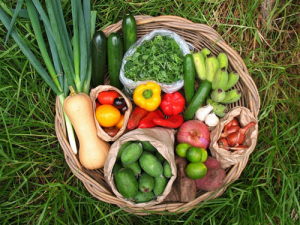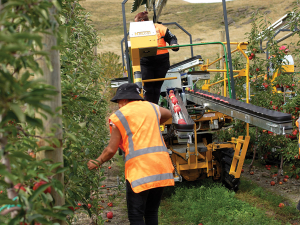Expect short supply of vegetables in the coming months, says Horticulture New Zealand.
Rain, hail and colder than normal weather means vegetable farmers are struggling to harvest crop.
HortNZ chief executive Mike Chapman says growers are reporting that rain has been plentiful since March, there have been significant hail storms in the past few days in various parts of the country, and the climate has not been as warm as it normally would be at the start of spring.
"This is not only affecting the ability to harvest potatoes, cauliflower and leafy greens including lettuces, the hail has also damaged some crops which will affect the quality and the quantity of vegetables that will be available.
"Consumers need to understand that lower than normal supplies impact on availability and cost. Growers want people to know they are doing all they can to supply fresh spring vegetables, but the weather is something they cannot control.
"We find that when people get to the shops and see higher than expected prices for vegetables, they don’t necessarily understand why that is. Our growers use very sophisticated farming techniques to manage as many environmental factors as they can, but something like hail at the wrong time or rainfall of a metre more than previous years cannot always be mitigated."
HortNZ is asking the government to look at a food security policy to ensure New Zealanders continue to have an adequate and affordable supply of fresh, healthy fruit and vegetables. Issues that need to be considered in that policy include protecting valuable growing land that allows for year-round food production, such as Pukekohe, and access to water.











